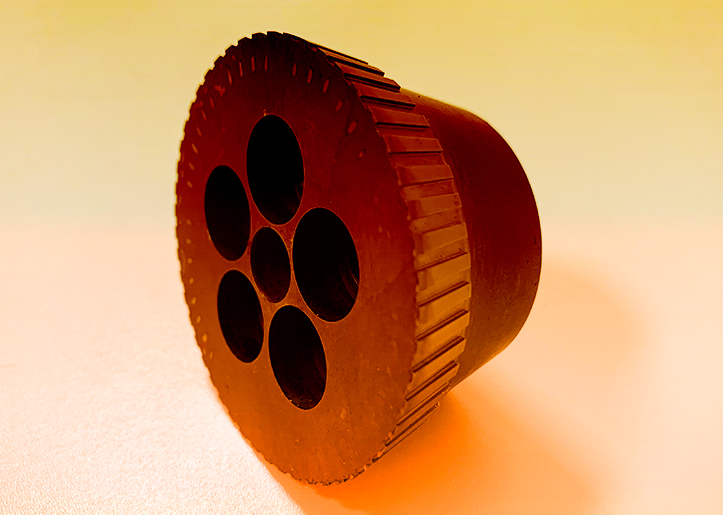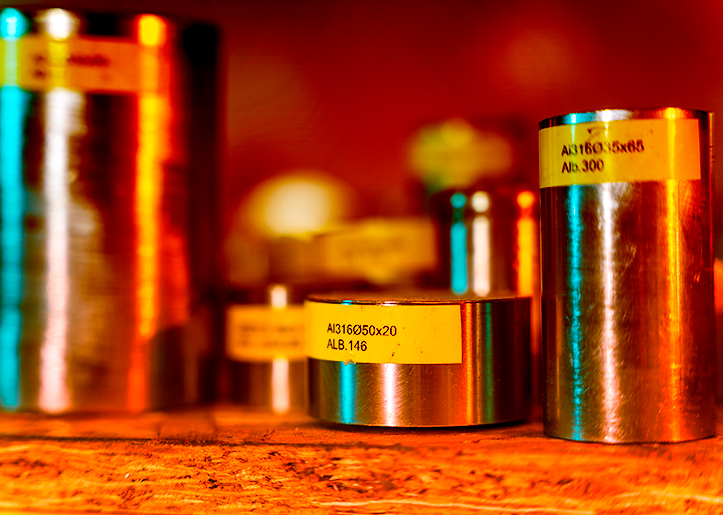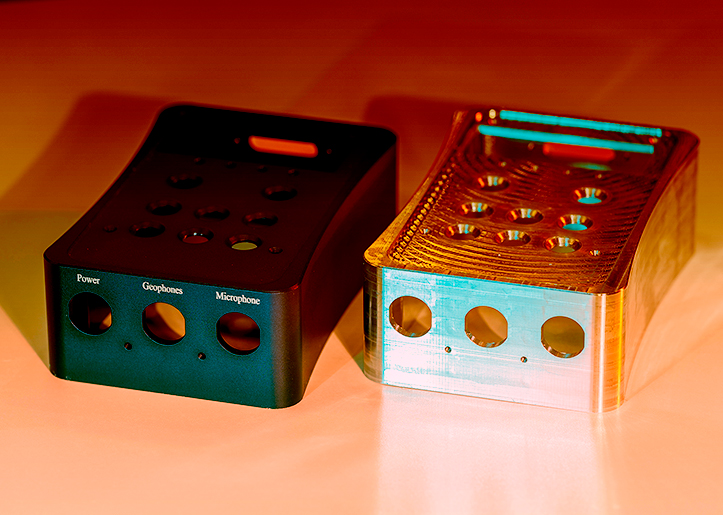Tempering is a heat treatment that is carried out on steel after hardening to achieve…

What is computer numerical control (CNC)? | EONSI
CNC numerical control is a system that allows you to control and monitor machines for machining tasks. Here we explain how it works.
What is CNC computer numerical control?
CNC numerical control, or computer numerical control, is software that allows the work to be carried out by a CNC machine to be programmed in detail. This computerised numerical control system is responsible for guiding the machine tool throughout the machining process, controlling and monitoring the task until the end.
What is CNC used for?
CNC is used to automate the work of traditional machine tools such as turning or milling machines, converting them into advanced manufacturing equipment with high precision and speed. CNC significantly increases production, making the manufacturing process cheaper, allowing higher quality finishes and customised production for small parts, large parts, prototypes or long series.
The use of CNC computer numerical control is almost essential in today’s manufacturing industry as it allows machines to be controlled with a high degree of precision. Any small workshop or large companies that carry out cutting, threading, carving, drilling or roughing of parts will use CNC in their manufacturing processes, which is why it is present in sectors as diverse as aeronautics, aerospace, steel, metallurgy, renewable energy, pharmaceuticals, food, furniture, textiles, to name but a few.
How does CNC work?
CNC works with a programming software system that defines commands to be carried out by the machine. These parameters include the speed, the movements to be made, the feed rate, the machining operation, the tools to be used at all times and their position. CNC numerical control allows the operator to configure, calibrate, modify and control the operations carried out by the machine without intervening manually. Each machine works with a computer numerical control program, among the most common are the CNC milling machine and the CNC turning machine.
Computer numerical control works by positioning on the machine tool’s coordinate axes, from which different machining operations are carried out. Typical machines are 3-axis but there are machines with more than 7 controlled axes that perform more demanding machining operations. The first step is to design the part on the computer using CAD software. The operator then transfers the commands from the control panel to the CNC machine via code. The main operations indicated in the machine program are feed rate, depth, start and stop, but other commands such as tool change, positioning or variable directions of movement can also be included. In addition, during the process, all these commands can be varied at the customer’s request to modify or change the required parameters.
Advantages of CNC
The use of the computerised numerical control system has meant a real industrial revolution compared to traditional systems and its advantages have had a favourable impact on the productivity of companies that have CNC machinery. Among the main advantages:
Productivity. CNC implementation in industrial machinery allows maximum production in less time, the machines can be working 24 hours with almost no manual supervision.
Flexibility. The computerised numerical control allows the parameters and orders to be modified during the manufacturing process in order to make the necessary changes. CNC also makes it possible to change production from one part to a different part quickly.
Versatility. The control panel can be used to modify the orders given to the machine so that it can carry out different jobs, different designs, sizes and various shapes can be programmed.
Quality. The level of precision is maximised and is carried out with the same quality throughout the entire process.
Safety. The operator’s intervention is minimal, he is not in direct contact with or exposed to the cutting tools, thereby increasing safety at work.
Waste reduction. CNC machines are designed to reduce metal waste. Some have a waste management system which provides a cleaner environment, separates the different types of swarf, making it easier to reuse and recycle.
EONSI, CNC experts
At EONSI we are CNC experts. We offer engineering, design, development and manufacturing services for any type of industrial project in different sectors with our advanced technology and an expert team. All our machinery is equipped with computer numerical control technology, which allows us to meet the most demanding customer requirements. Our CNC manufacturing processes allow us to manufacture from the simplest to the most complex part with the guarantee and endorsement of our expert quality department. EONSI advises and creates the solution that your company needs.



